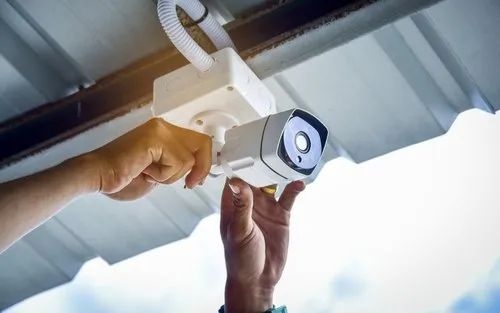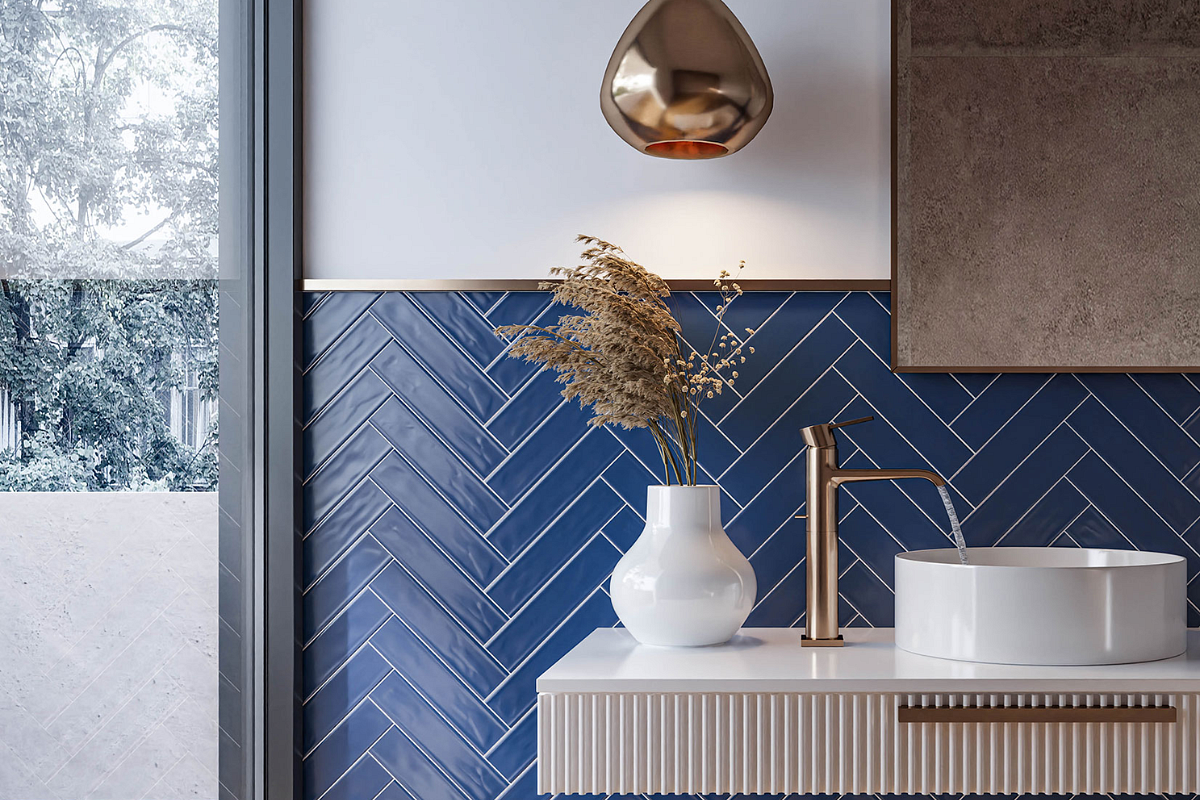In the modern age, with the increase in smart home technology and the growing importance of security, many homeowners are looking for ways to protect their property and loved ones. When it comes to security installations, homeowners have the choice between professional installation services or the do-it-yourself (DIY) approach. Each option has its own set of benefits and drawbacks. This article will explore the advantages of both professional and DIY security installations, allowing homeowners to make informed decisions based on their specific needs and preferences.
Professional Security Installations
Professional security installations involve hiring a reputable security company or service provider to install and set up the security system within your home. There are several key benefits associated with opting for professional security installations.
Expertise and Experience
One of the primary benefits of professional security installations is the expertise and experience that come with hiring professionals. Security companies have trained technicians who are well-versed in the installation of various security systems. They understand the intricacies of different security products and can ensure that the system is set up correctly, maximizing its effectiveness.
Customization and Configuration
Professional installers can provide tailored solutions based on the specific needs of the homeowner. They can assess the layout of the property, identify potential vulnerabilities, and recommend the most suitable security products. Moreover, they can configure the system to integrate seamlessly with other smart home devices, providing a comprehensive security solution.
Reliability and Support
Opting for professional security installations often comes with the assurance of reliability and ongoing support. Reputable security companies offer warranties on their products and services, providing homeowners with peace of mind. Additionally, they offer customer support and maintenance services, ensuring that the security system continues to function optimally over time.
Enhanced Security Features
Professional security installations may incorporate advanced features such as monitoring services, 24/7 surveillance, and professional response teams. These additional layers of security provide homeowners with heightened protection and immediate responses to potential threats.
Increased Property Value
Having a professionally installed and monitored security system can enhance the overall value of a property. This can be an attractive selling point for prospective buyers, especially those who prioritize home security.
Cost Considerations
While professional security installations offer numerous benefits, it’s important to consider the associated costs. Homeowners should be prepared for upfront installation fees and potential ongoing monitoring charges, as well as any necessary maintenance costs.
DIY Security Installations
The alternative to professional installations is the DIY approach, where homeowners purchase security systems and install them independently. There are several advantages to this option as well.
Cost Efficiency
One of the primary appeals of DIY security installations is the potential for cost savings. By bypassing professional installation services, homeowners can avoid labor costs and potentially find more affordable security products.
Flexibility and Control
DIY installations provide homeowners with the flexibility to choose, purchase, and install security systems at their convenience. They have control over the entire process, from selecting the products to determining where to place the security devices.
Immediate Implementation
Unlike professional installations, which may require scheduling and waiting for appointments, DIY installations offer the advantage of immediate implementation. Homeowners can start setting up their security system as soon as the products are purchased, without having to wait for external service providers.
Learning and Skill Development
Engaging in a DIY security installation can be a learning experience for homeowners. It allows them to gain valuable knowledge about the functioning of security systems and the technical aspects of installation. This knowledge can be beneficial for future maintenance and troubleshooting.
Customization to Specific Needs
DIY installations enable homeowners to customize their security system based on their specific requirements and preferences. They can mix and match different security products and configure the system according to their unique property layout and security concerns.
Potential Drawbacks
However, DIY security installations also present potential drawbacks that homeowners should consider. These include the need for technical proficiency, the absence of professional expertise, and limited access to advanced security features and services.
The Bottom Line
When it comes to security installations, both professional and DIY approaches offer distinct advantages. The choice between the two ultimately depends on the homeowner’s preferences, budget, and level of comfort with technical tasks. For those seeking comprehensive, integrated security solutions with professional expertise and ongoing support, professional installations may be the preferred option. On the other hand, homeowners with technical know-how, a desire for cost savings, and a preference for hands-on control may find DIY security installations to be a suitable choice.
In conclusion, making an informed decision about security installations involves weighing the benefits and considerations associated with both professional and DIY approaches. Ultimately, homeowners should prioritize the effectiveness and reliability of the security system in safeguarding their homes and loved ones, whether through professional installation services or a DIY endeavour.















